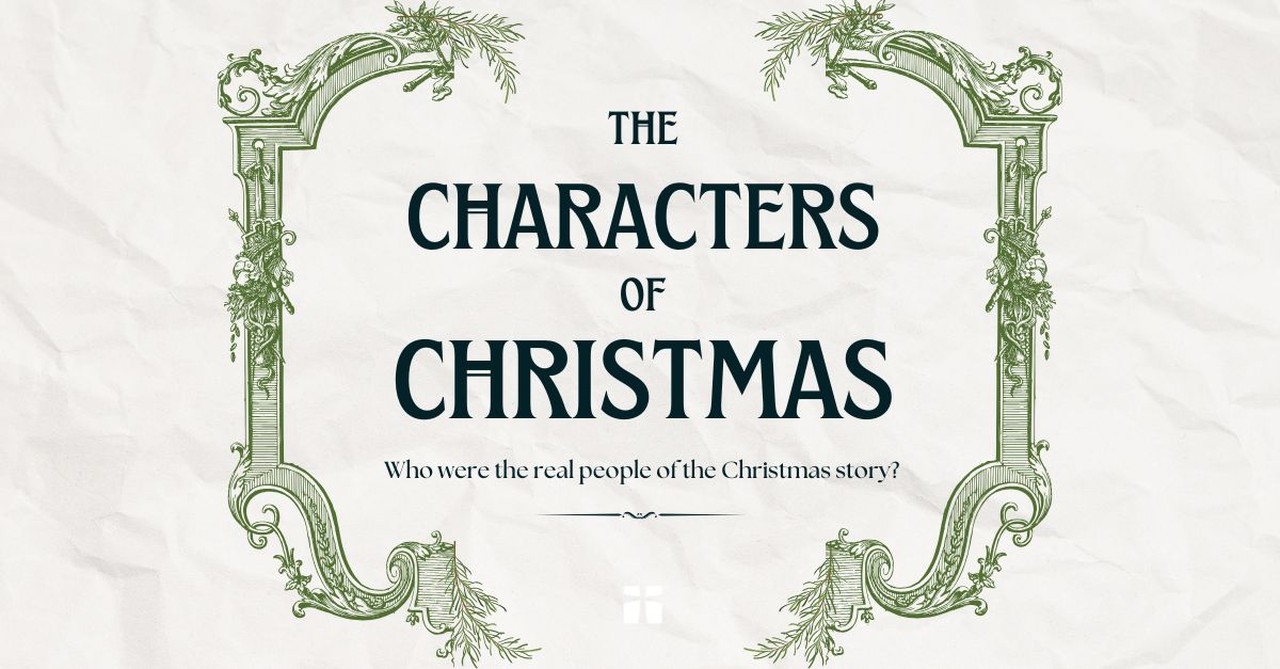John 6:2-18
2 And a large crowd was following him, because they saw the signs that he was doing on the sick. 3 Jesus went up on the mountain, and there he sat down with his disciples. 4 Now the Passover, the feast of the Jews, was at hand. 5 Lifting up his eyes, then, and seeing that a large crowd was coming toward him, Jesus said to Philip, "Where are we to buy bread, so that these people may eat?" 6 He said this to test him, for he himself knew what he would do. 7 Philip answered him, "Two hundred denarii[1] would not buy enough bread for each of them to get a little." 8 One of his disciples, Andrew, Simon Peter's brother, said to him, 9 "There is a boy here who has five barley loaves and two fish, but what are they for so many?" 10 Jesus said, "Have the people sit down." Now there was much grass in the place. So the men sat down, about five thousand in number. 11 Jesus then took the loaves, and when he had given thanks, he distributed them to those who were seated. So also the fish, as much as they wanted. 12 And when they had eaten their fill, he told his disciples, "Gather up the leftover fragments, that nothing may be lost." 13 So they gathered them up and filled twelve baskets with fragments from the five barley loaves left by those who had eaten. 14 When the people saw the sign that he had done, they said, "This is indeed the Prophet who is to come into the world!"
15 Perceiving then that they were about to come and take him by force to make him king, Jesus withdrew again to the mountain by himself.
Jesus Walks on the Sea
16 When evening came, his disciples went down to the sea, 17 got into a boat, and started across the sea to Capernaum. It was now dark, and Jesus had not yet come to them. 18 The sea became rough because a strong wind was blowing.



.jpg)
Matthew Henry's Commentary on John 6:2-18
Commentary on John 6:1-14
(Read John 6:1-14)
John relates the miracle of feeding the multitude, for its reference to the following discourse. Observe the effect this miracle had upon the people. Even the common Jews expected the Messiah to come into the world, and to be a great Prophet. The Pharisees despised them as not knowing the law; but they knew most of Him who is the end of the law. Yet men may acknowledge Christ as that Prophet, and still turn a deaf ear to him.
Commentary on John 6:15-21
(Read John 6:15-21)
Here were Christ's disciples in the way of duty, and Christ was praying for them; yet they were in distress. There may be perils and afflictions of this present time, where there is an interest in Christ. Clouds and darkness often surround the children of the light and of the day. They see Jesus walking on the sea. Even the approaches of comfort and deliverance often are so mistaken, as to become the occasions of fear. Nothing is more powerful to convince sinners than that word, "I am Jesus whom thou persecutest;" nothing more powerful to comfort saints than this, "I am Jesus whom thou lovest." If we have received Christ Jesus the Lord, though the night be dark, and the wind high, yet we may comfort ourselves, we shall be at the shore before long.